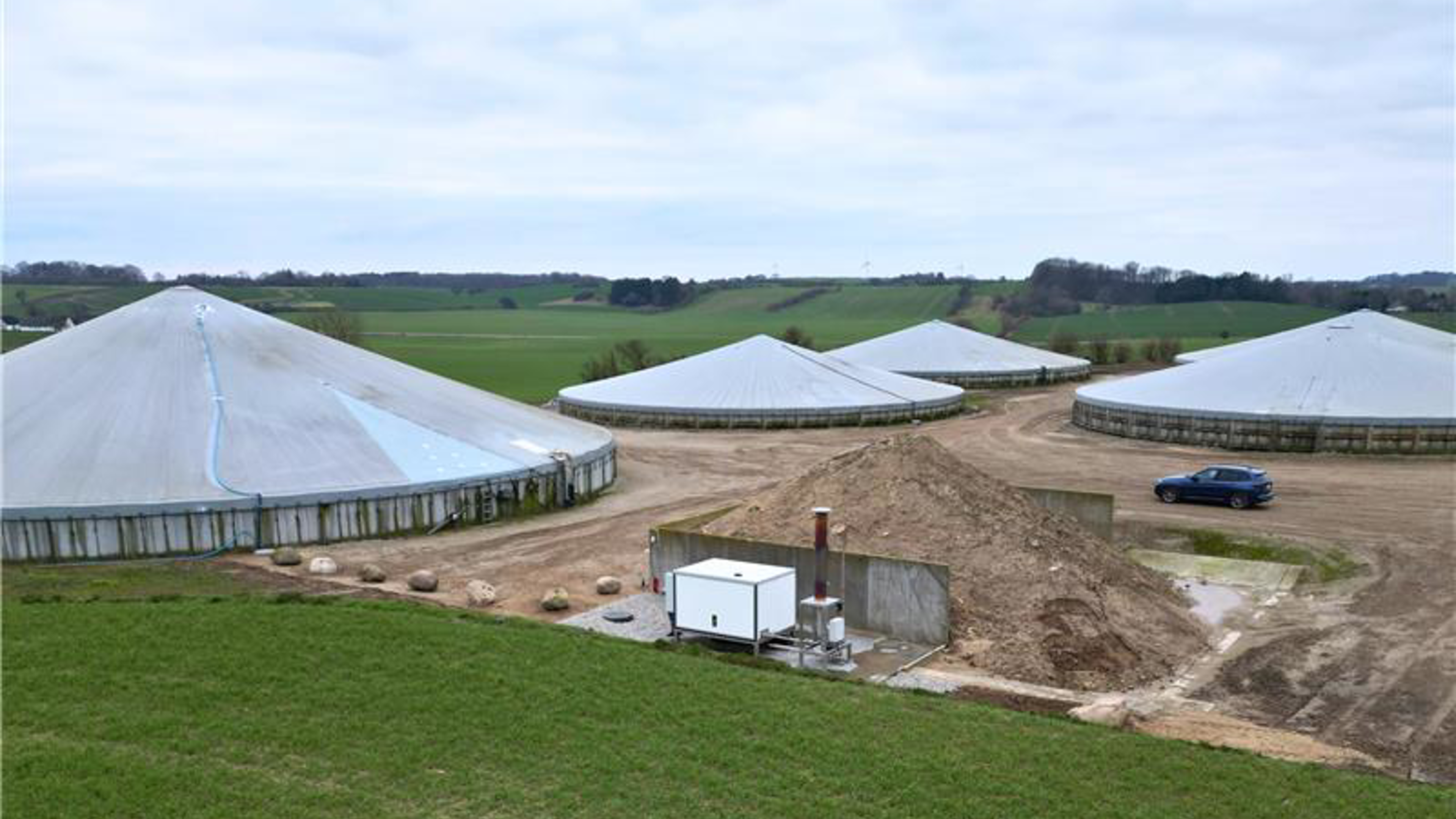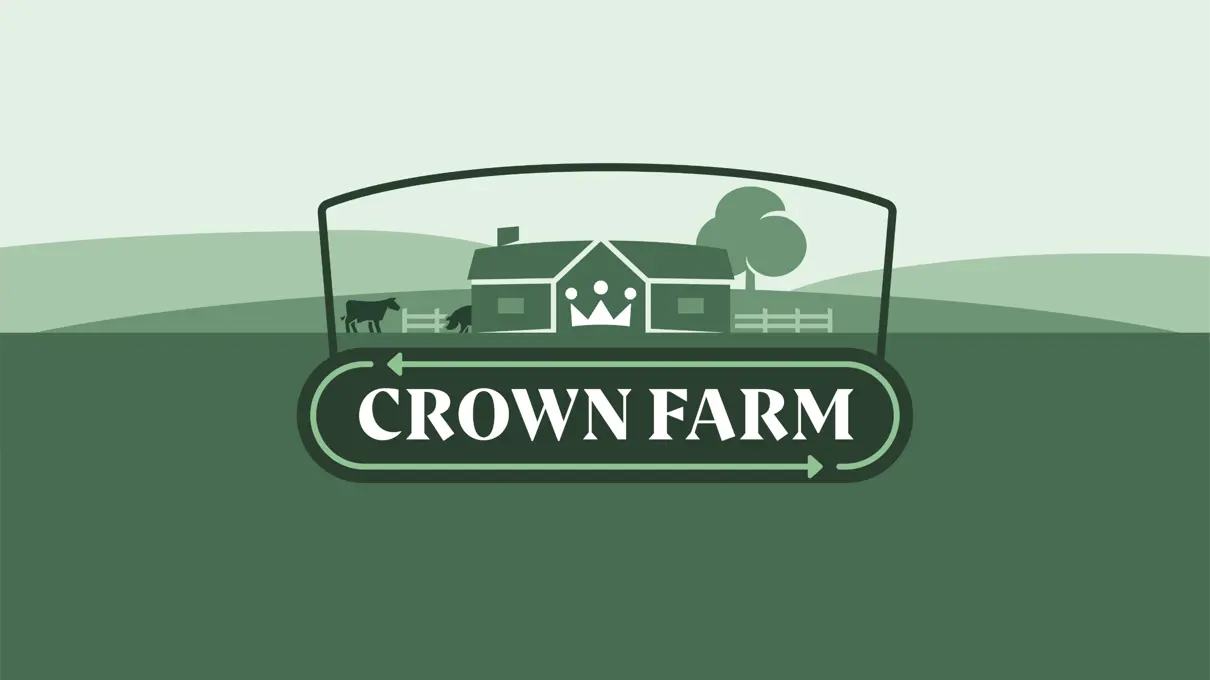CrownFarm is a new programme that seeks to strengthen ties between farmers, customers, and Danish Crown. The concept enables customers to enter partnerships that promote efforts to reduce CO₂ emissions on farms. At the same time, customers will receive detailed data on the impact of these efforts, which can be used in their own ESG reporting.
“We fundamentally believe that the path to food production with a lower climate footprint lies in collective action across the entire value chain – from farm to fork. With CrownFarm, we want to create a model where all parties gain something valuable – both in terms of tangible initiatives and documentation,” says Niels Duedahl, Group CEO of Danish Crown.
High-Resolution Documentation
Meat accounts for more than a third of the climate footprint in an average grocery store. Therefore, it will become increasingly important for both supermarkets and foodservice companies to access accurate and transparent data on climate impact – down to the product level – if they are to reduce their CO₂ footprint in measurable ways.
For several years, Danish Crown has worked closely with farmers to establish a robust data foundation that provides transparency and insight into CO₂ emissions across the entire value chain – from feed and technology use on farms to emissions from factories, transport, and packaging. This enables documentation of the CO₂ footprint from the animal – and ultimately the individual product.
“We believe the demand for meat with a lower climate footprint will grow significantly in the future. That’s why we’ve spent years developing systems that ensure the necessary documentation and transparency. We know that most of the climate impact in our value chain occurs before the animals arrive at our abattoirs. But we can’t simply point to the farmers and say it’s their responsibility. It’s a challenge we must tackle together,” says Niels Duedahl.
Strong Customer Interest
The CrownFarm programme will be rolled out in more detail as partnerships with customers are established. In addition to data collection and sharing, the plan includes ongoing investment in new projects that support lower CO₂-intensive farming. This requires a focus on innovation and technological development.
“When we take customers to see the farms that are leading the way, it’s clear they have great respect for the work being done. They also show a genuine interest in engaging in projects that help reduce the climate impact of meat. That shared commitment to a major and important task is exactly what we want to nurture and develop further with CrownFarm,” says Jamie Dunning, Executive Vice President for Danish Crown UK.
Specific Targets Reach Back to the Farm
Under the Science Based Targets Initiative (SBTi), Danish Crown has committed to a range of goals to reduce climate impact across the entire value chain (Scope 1, 2 and 3) by 2030. In addition, Danish Crown has committed to specific FLAG targets under SBTi. FLAG stands for ‘Forest, Land, and Agriculture’ and applies to companies with forestry and agricultural emissions in their value chains. Therefore, these targets directly affect the farms. This is where CrownFarm can contribute – through data and projects aimed at reducing the CO₂ footprint of meat and making it visible all the way to the chilled aisle.
The first partnership agreements under CrownFarm have already been signed, and more are expected to follow during the autumn

